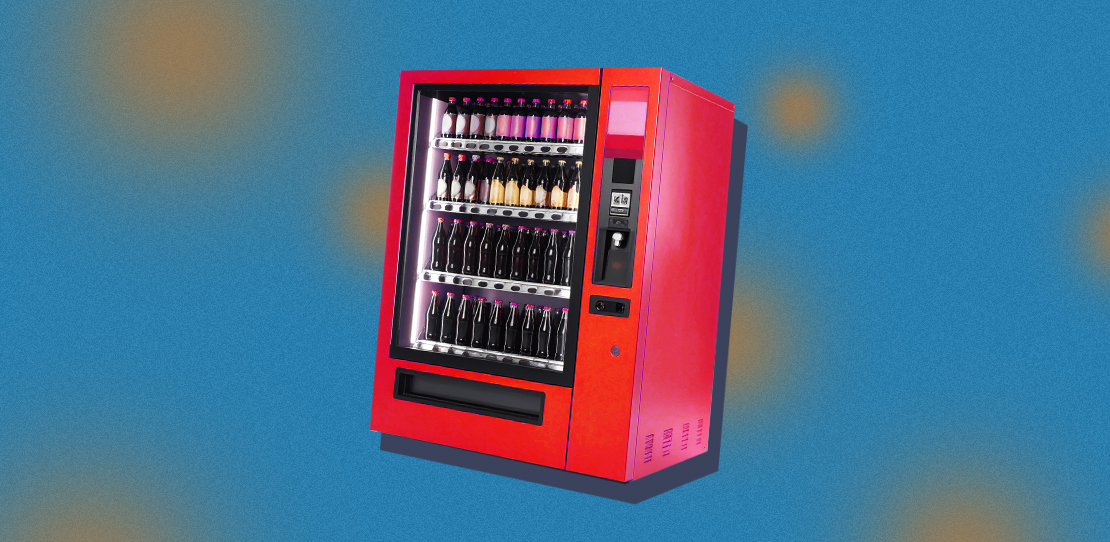Smart Beginnings: A Look at the First Smart Device in History
Scary how time really shows progress, not just in tech but in life.
July 28, 2025 / by Louigi Balao / 2 mins read

Today, everything is smart: smartphones, smartwatches, TVs, and even refrigerators that shame you into buying milk. But before all these lovely devices, what was the first smart device? What kicked off the era of intelligent smart home tech we use daily?
If your first guess is the smartphone, think again. While the first mobile device, IBM’s Simon Personal Communicator, was launched in 1994, the first smart IOT device dates back to the 1980s.
Meet the Carnegie Mellon Smart Coke Machine—a vending machine that could tell if drinks were cold before you bought them. Using an early form of networking (basically the granddaddy of IoT), the machine tracked soda stock levels and whether cans were chilled to perfection. These university students connected it to the ARPANET (the predecessor of the Internet), allowing anyone with access to this network to see the status of the machine.
From Engineersrule Official Website
Why? They always wanted to acquire the perfect can of Coke. A simple want, but it provoked the necessary action to make something extraordinary.
In essence, this was the first-ever “smart” device—not a phone or watch, but a vending machine that knew exactly when your drink was ready.
This early experiment paved the way for connected devices. Over the decades, smart tech has evolved beyond vending machines, leading to smart home systems, AI assistants, and wearable technology. Today, we can track our health, control our homes, and manage schedules—all from a smartwatch on our wrist.
Courtesy of Next Upgrade Shop
Speaking of smartwatches, if you’re looking to upgrade your tech game, the MI WATCH XIAOMI is a solid choice. With health tracking, smart notifications, and a sleek design, it keeps you connected just like the first smart devices once did—only way more advanced. Check it out at the Next Upgrade Website and see how far smart technology has come.



